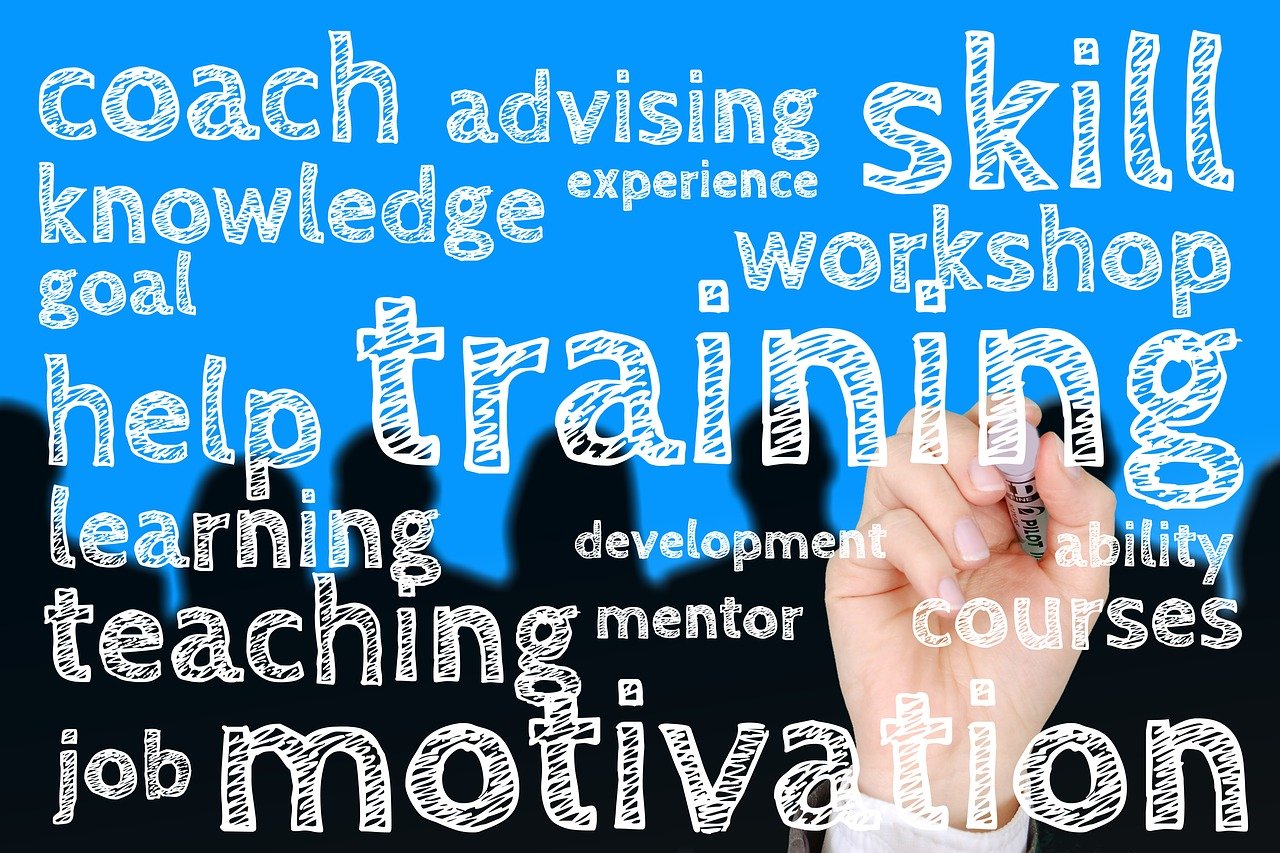As humans, we all go through different phases of life that require guidance, support, and direction. While many people prefer to navigate these phases alone, others find it difficult and need assistance. This is where a life coach comes in. Life coaching is a powerful and transformative process that can help people gain clarity and focus on their goals to create a better and more fulfilling life. In this blog, we will discuss how a life coach can be highly beneficial.
- A Life Coach Helps Identify Goals: Many people struggle with figuring out what they want in life. They may have vague ideas about what they want but lack focus or direction. A life coach helps clients identify goals by helping them to dig deeper and discover what they truly desire in life.
- A Life Coach Helps Create a Plan: Once goals have been identified, a life coach works with the client to create a detailed plan that outlines the steps needed to achieve those goals. This plan includes not only the short-term steps but also the bigger picture of the client’s life and how the goals fit into it. With a clear plan of action, clients can take active steps towards their goals.
- A Life Coach Provides Accountability: One of the primary advantages of having a life coach is the level of accountability they provide. A life coach is there to keep you on track, help you overcome obstacles, and provide support when you feel discouraged.
- A Life Coach Offers Support: A life coach is there to support you through every step of the process. They provide an objective perspective, offer encouragement and guidance, and help you stay motivated to achieve your goals.
- A Life Coach Helps You Overcome Obstacles: Inevitably, obstacles will arise along the way, but a life coach is there to help you overcome them. They will help you shift your perspective, find alternative solutions, or even reevaluate your goals, if necessary, to ensure that you stay on course.
- A Life Coach Helps You Achieve Balance: A well-rounded life is essential for overall happiness and success. A life coach helps clients achieve balance in all areas of life, including work, family, health, and personal growth. By achieving balance, clients can lead a more fulfilling and joyous life.
In conclusion, a life coach can be highly beneficial in helping people achieve their goals and live a more fulfilling and balanced life. They provide accountability, support, guidance, and direction and help clients identify their goals, create a plan, and overcome obstacles. If you’re feeling lost or stuck in your life, consider hiring a life coach to help you achieve your full potential.
Here are 50 ways a coach can help
- Clarify your goals and priorities
- Develop a personalized plan for growth and improvement
- Gain greater self-awareness
- Increase your confidence and self-esteem
- Learn effective communication skills
- Improve your relationships
- Develop better time management skills
- Create a work-life balance that works for you
- Develop better problem-solving skills
- Learn how to set boundaries and say no
- Overcome limiting beliefs and self-doubt
- Increase your resilience and adaptability
- Develop a positive mindset
- Learn how to manage stress and anxiety
- Improve your decision-making skills
- Increase your motivation and productivity
- Develop a growth mindset
- Learn how to manage your emotions
- Improve your leadership skills
- Enhance your creativity
- Improve your public speaking skills
- Learn how to manage conflict
- Improve your networking skills
- Develop a plan for career advancement
- Increase your financial literacy and management skills
- Create a more meaningful and fulfilling life
- Develop better self-care habits
- Gain new perspectives and insights
- Develop better problem-solving skills
- Learn how to handle difficult conversations
- Improve your decision-making confidence
- Learn how to prioritize tasks based on urgency and importance
- Develop problem-solving techniques
- Learn how to delegate tasks effectively
- Become more efficient in your daily tasks
- Improve your communication skills
- Develop concentration and focus
- Learn how to manage your time better
- Gain a better understanding of your personal strengths and abilities
- Learn how to work with different personalities
- Increase your creativity and innovation
- Learn how to handle criticism and feedback
- Gain a better understanding of your personal values and beliefs
- Develop better personal and professional boundaries
- Improve your conflict resolution skills
- Enhance your emotional intelligence
- Learn how to build resilience in times of change and challenge
- Develop a personalized plan for physical wellness
- Improve your confidence and self-esteem in social situations
- Achieve a greater sense of purpose in both your personal and professional life.





